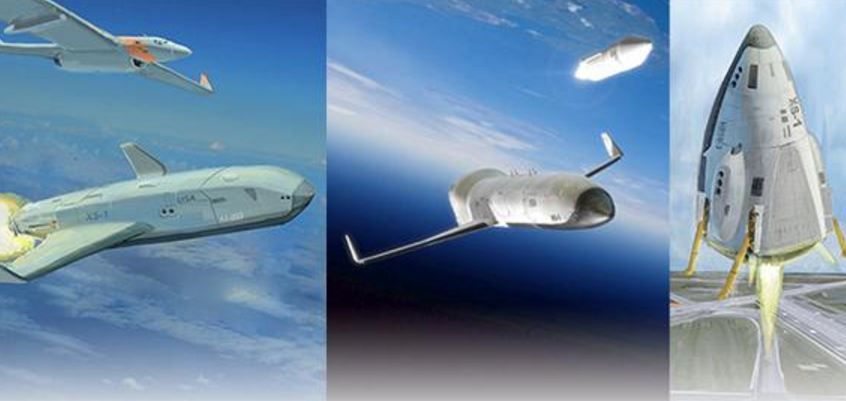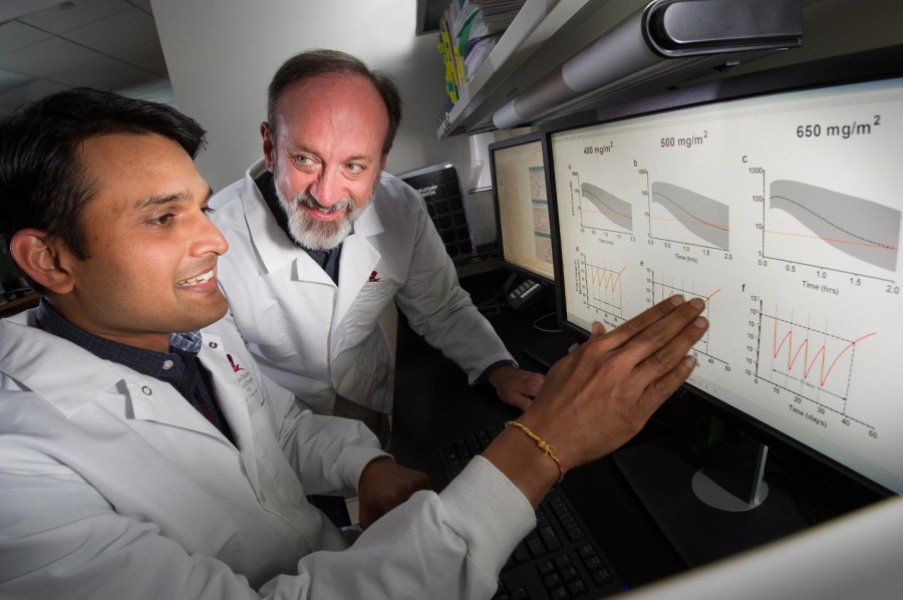
For all the sensor enthusiists and hobbists out there; here is a conference just for you.
/ EINPresswire.com / — NEWTON, MA — (Marketwired) — 05/10/16 — The nation’s leading event focusing exclusively on sensors and sensor-integrated systems, Sensors Expo & Conference (#Sensors16) today unveiled the two industry heavyweights who will keynote the 2016 event. Dr. Ken Gabriel, widely regarded as the founder of the Microelectromechanical Systems (MEMS) industry, will kick off the event on Wednesday, June 22nd; Ray Zinn, author of “Tough Things First” and Silicon Valley’s longest serving CEO, will give his keynote address on Thursday, June 23rd. As the industry’s premier event, the 2016 Sensors Expo & Conference will bring together the foremost thought leaders and innovators to discuss the latest developments in sensing technologies and outline opportunities for the future. To learn more or to register, please visit sensorsexpo.com.
Keynote speaker: Dr. Ken Gabriel A veteran technologist with a distinguished track record of success across the public and private sectors, Dr. Ken Gabriel is credited with creating the MEMS industry through his role as co-founder of Akustica, a fabless semiconductor company that commercialized MEMS audio devices and sensors. In addition, Gabriel currently serves as Deputy Director of the Advanced Technology and Projects (ATAP) Group at Google and is the CEO of Draper Laboratory. He has also held the role of Deputy Director, and then Acting Director, of the Defense Advanced Research Projects Agency (DARPA) in the Department of Defense where he led an agency with an annual budget of $3 billion that is charged with managing the Department’s portfolio of its most cutting edge projects to both create and avoid technology surprise.
Continue reading “2016 Sensors Expo & Conference to Feature Industry Pioneers as Keynote Speakers” »
















